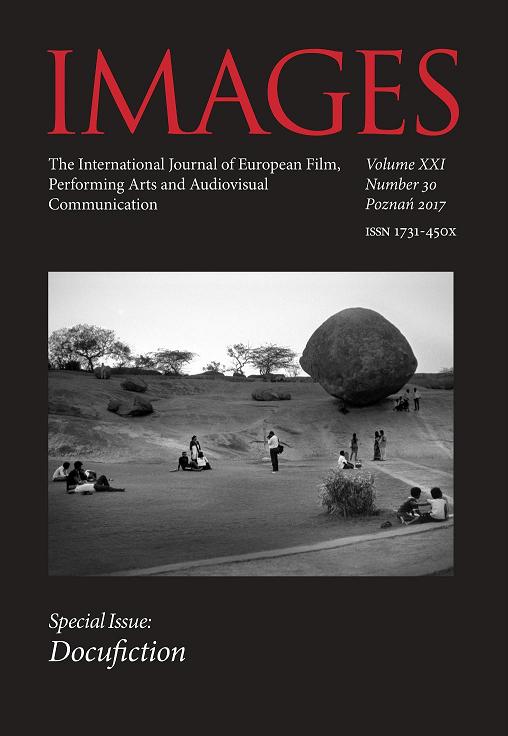Zelig jako docufiction
Zelig as docufiction
Author(s): Marek HendrykowskiSubject(s): Epistemology, Semiology, Post-War period (1950 - 1989), Film / Cinema / Cinematography, Sociology of Art
Published by: Uniwersytet Adama Mickiewicza
Keywords: cinema; documentary; fiction; docufiction; mockumentary; narration; narrative; moving image; reality; truth;
Summary/Abstract: This close-reading analysis and interpretation examines the original form of Woody Allen’s masterpiece Zelig (1983). The author combines a film studies approach with an investigation of epistemological and semiotic reflections on moving images. The author emphasises that more than three decades ago Allen gave to a wide audience a critical, sceptical and ironic vision of the “documentary” (esp. regarding the “truth”) status of moving pictures. This study also introduces also important terminological distinction between “mockumentary” (“fake-documentary”) and a contrasting category, that is, “documentary fiction” (also called “docufiction”), giving an instructive and precise definition of both.
Journal: Images. The International Journal of European Film, Performing Arts and Audiovisual Communication
- Issue Year: 21/2017
- Issue No: 30
- Page Range: 77-89
- Page Count: 14
- Language: Polish

